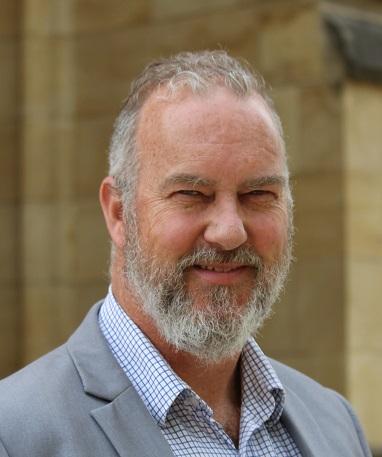Research Seminar: Finding the Instructional 'Sweet Spot'
- Date: Mon, 23 Mar 2020, 11:30 am - 12:00 pm
- Location: School of Education, Level 8, Room 812, Nexus Building, Pulteney Street, Adelaide
- Cost: Free
- Contact: Yvonne Philp 83131012
- Email: yvonne.philp@adelaide.edu.au
- Dr Brendan Bentley Director of Partnerships and Engagement, School of Education

Dr Brendan Bentley
Dr Brendan Bentley presents: Finding the Instructional 'Sweet Spot'
Abstract: The most recent PISA results, released in December 2019, paint a picture of continued decline in Australia’s global educational rankings. The 2018 PISA results revealed Australia’s average score for were at record lows in Mathematics, Science and Reading. In recent years, a growing body of knowledge has emerged dispelling some of the ‘myths’ that have surrounded contemporary instructional theory and provide a possible way forward to improve Australia’s educational standing. This presentation examines the accumulation of this understanding and looks at a component of instructional theory taught in the University of Adelaide’s Initial Teacher Education program. The presentation identifies the elusive instructional ‘sweet spot’, a location where instruction is fun, efficient and rigorous. Cognitive load theory is used as a lens to interrogate contemporary ideas of instructional design and explore the salient variables within the various instructional models such as direct instruction and constructivist learning theory found in schools today. The misconceptions and benefits associated with each of the models are detailed and an evidence based argument is made highlighting which of these models produce substantial and efficient learning effects. The presentation highlights models that offer clear, short, and unelaborated instruction that don’t overload the mind and provide attendees of the presentation with specific skills to aid their own teaching methods and practices, supporting them to find their own instructional ‘sweet spot’
For information about Dr Bentley's research and contact details visit his research profile.
